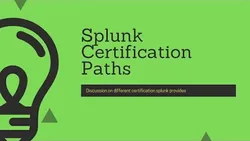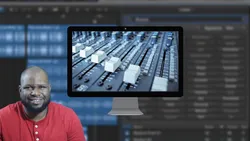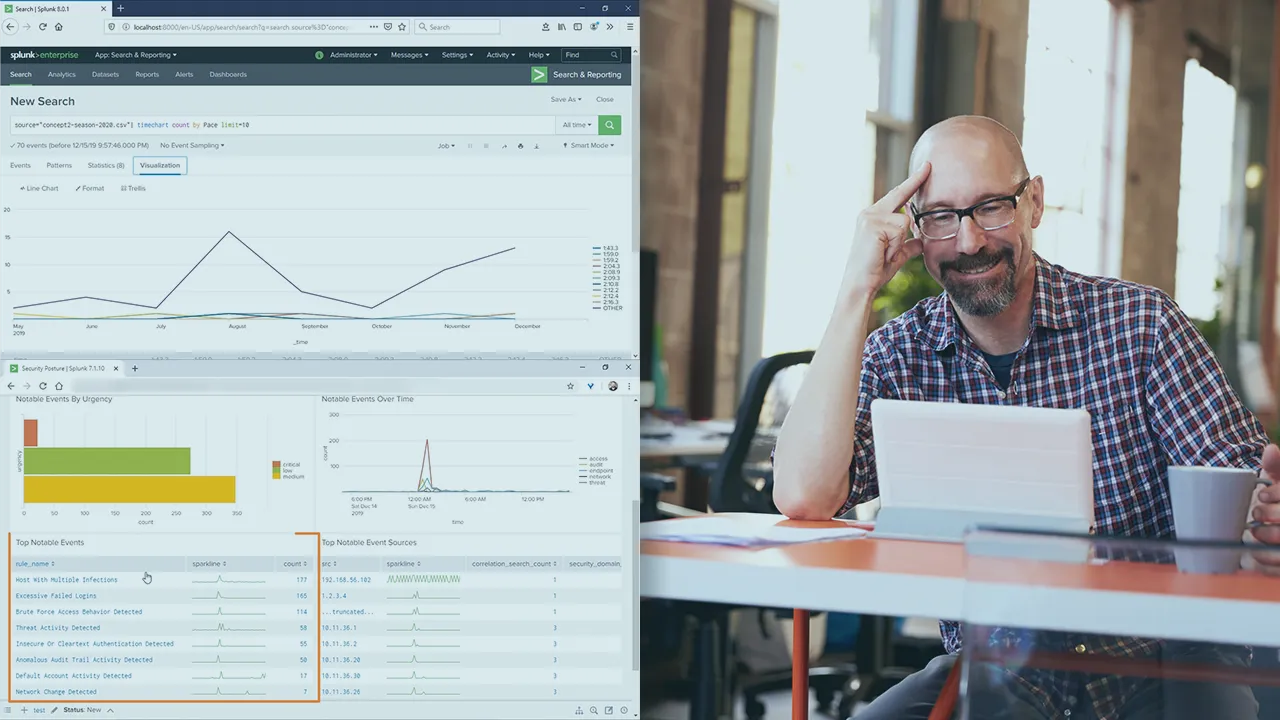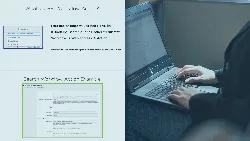
Splunk Fundamentals 1 ( SPLUNK #1) 
This course provides an overview of Splunk certification paths, including Splunk Basic, Splunk Enterprise, and Splunk Universal Forwarder. It covers topics such as Splunk architecture, installation, and how to obtain a free developer license. Additionally, it explains how to install Universal Forwarder in Google Cloud Platform. ▼
ADVERTISEMENT
Course Feature
![]() Cost:
Cost:
Free
![]() Provider:
Provider:
Youtube
![]() Certificate:
Certificate:
Paid Certification
![]() Language:
Language:
English
![]() Start Date:
Start Date:
On-Demand
Course Overview
❗The content presented here is sourced directly from Youtube platform. For comprehensive course details, including enrollment information, simply click on the 'Go to class' link on our website.
Updated in [February 21st, 2023]
What does this course tell?
(Please note that the following overview content is from the original platform)
Discussion on different Splunk Certification Paths.
Splunk Basic : Architecture of Splunk.
Splunk Basic : install splunk.
Splunk Enterprise: How to get free developer license.
Splunk UF : How to Install Universal Forwarder In Google Cloud Ubuntu Instance.
Splunk Admin : How to install full stack Splunk in Google Cloud Ubuntu Instance.
Splunk Basic: How to install Splunk in Google Cloud Windows instance.
Creating our first app : "The Movie database(TMDB)".
Splunk Getting the data In : Adding scripted input(Simple Streaming) to "TMDB" app.
Splunk App : Adding custom checkpointing to "TMDB" app scripted input.
Splunk Getting the data In : How HTTP Event Collector works.
Splunk Basic: Know Your Search Interface.
Splunk Basic: Configuration Files Basics.
Splunk Configuration files : Fundamentals about props.conf and transforms.conf.
Splunk Configuration Files : Event line breaking using props.conf.
Splunk Configuration Files : Timestamp extraction using props.conf.
Splunk Configuration Files : Search time field extraction.
Splunk Configuration Files : Index time field extraction.
Splunk Lookups : Lookups fundamentals & detail discussion on KV Store Lookups.
Splunk Lookups: Detail discussion on External Lookups (scripted lookups).
Splunk Lookups: Detail discussion on geospatial lookups.
Splunk Lookup: How timebased lookup works.
Problem Solving : How to manipulate lookup file content using search query.
Splunk Alert : Overview and discussion on Alert Workflow.
Splunk Alert : Discussion on Scheduled Alert.
Splunk Alert Action : Email Notification.
Splunk Alert Action : Webhook Notification.
Splunk Alert Action : Output to csv.
Splunk Alert : Discussion on Real Time Alert.
Splunk Knowledge Object : detail discussion on "data model".
Splunk Commands : Discussion on Top & Rare command.
Splunk Commands : Discussion on dedup command.
What can you get from this course?
We consider the value of this course from multiple aspects, and finally summarize it for you from three aspects: personal skills, career development, and further study:
(Kindly be aware that our content is optimized by AI tools while also undergoing moderation carefully from our editorial staff.)
What skills and knowledge will you acquire during this course?
Completing Splunk Fundamentals 1 (SPLUNK #1) will provide learners with the skills and knowledge necessary to pursue a Splunk certification. Learners will gain a comprehensive understanding of Splunk, from installation and configuration in different operating system environments to creating their first app, "The Movie Database (TMDB)". They will also learn about HTTP Event Collector, configuring files such as props.conf and timestamp extraction, Lookup, Alert and Knowledge Object commands, and alert workflows. Additionally, learners will become familiar with scheduling alerts and notifying via email, webhook, and output to csv. Upon completion of the course, learners should be able to install and configure Splunk in different operating system environments, create their first app, and become familiar with Lookup, Alert and Knowledge Object commands. They should also be able to understand different alert workflows, scheduling alerts, and notifying via email, webhook and output to csv. This course provides a solid foundation for those looking to pursue a Splunk certification.
How does this course contribute to professional growth?
Splunk Fundamentals 1 (SPLUNK #1) provides a comprehensive introduction to Splunk and its certification paths. It covers topics such as installation and configuration in different operating system environments, creating an app, HTTP Event Collector, configuring files such as props.conf and timestamp extraction, Lookup, Alert and Knowledge Object commands, and alert workflows. Additionally, learners will become familiar with scheduling alerts and notifying via email, webhook, and output to csv. This course provides a solid foundation for those looking to pursue a Splunk certification and can help professionals grow in their career paths such as Splunk Administrator, Splunk Developer, Splunk Consultant, and Splunk Architect. By completing this course, professionals will gain a comprehensive understanding of Splunk and be well-prepared to pass a Splunk Certification exam.
Is this course suitable for preparing further education?
Splunk Fundamentals 1 (SPLUNK #1) provides a comprehensive introduction to Splunk and its certification paths. Learners will gain a comprehensive understanding of Splunk, from installation and configuration in different operating system environments to creating their first app, "The Movie Database (TMDB)". Additionally, learners will become familiar with HTTP Event Collector, configuring files such as props.conf and timestamp extraction, Lookup, Alert and Knowledge Object commands, and alert workflows. By the end of the course, learners will be well-prepared to pass a Splunk Certification exam. This course provides a solid foundation for those looking to pursue further education in Splunk-related topics, such as Splunk Administrator, Splunk Developer, Splunk Consultant, and Splunk Architect.
Course Provider

Provider Youtube's Stats at AZClass
Discussion and Reviews
0.0 (Based on 0 reviews)
Explore Similar Online Courses

Logic Pro X Mixing Course For Beat Makers - Module 2 "Leveling and EQ"

Producing & Mixing Urban music in Logic pro X

Python for Informatics: Exploring Information

Social Network Analysis

Introduction to Systematic Review and Meta-Analysis

The Analytics Edge

DCO042 - Python For Informatics

Causal Diagrams: Draw Your Assumptions Before Your Conclusions

Whole genome sequencing of bacterial genomes - tools and applications

Introduction to Splunk

Splunk: The Big Picture


Start your review of Splunk Fundamentals 1 ( SPLUNK #1)